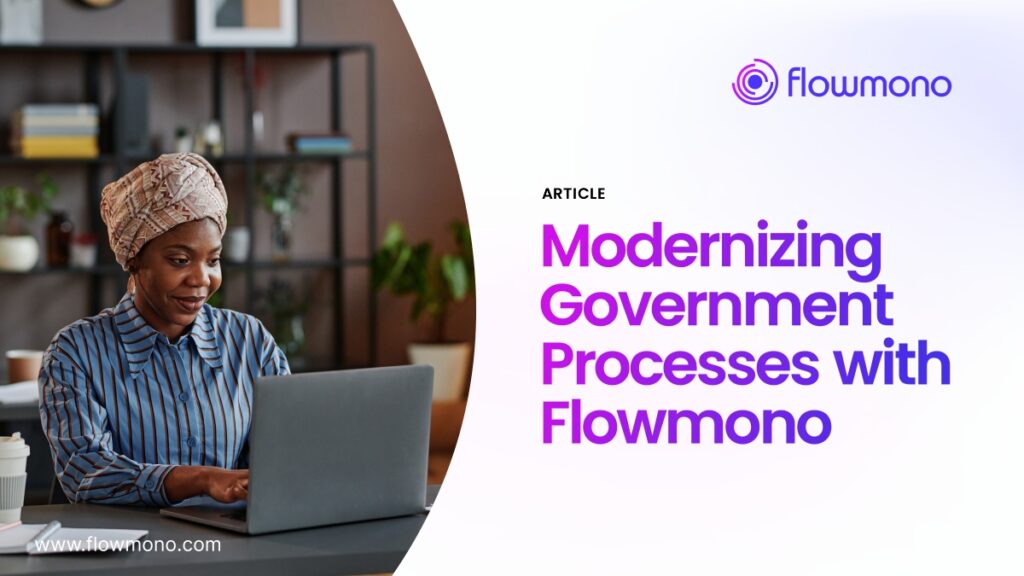
In 2021, the Dubai government became the first 100% paperless government in the world. Reducing paper has been a goal of governments all over the globe. With the move to a paperless government, Dubai citizens now conduct all of their interactions with the government through a single app, called DubaiNow, which enables them to connect to over 130 “smart” services. The annual projected benefits of the Dubai government are impressive. According to their estimates, the shift to paperless government processes will result in savings of 1.3 billion Dirham ($350 million) and 14 million man-hours of labor each year.
So, could we see a digital government in Nigeria? Could we as citizens of Nigeria hope to experience paperless transactions and interact with government agencies simply by swiping an app on our smartphone? And if we could get to the point of having a digital government, what could we expect the impact — and savings — to be?
At the outset, it’s important to note that other countries, Estonia for example, with its “e-Estonia” program, are far in front of us in terms of marching toward a paperless future. And so while e-government has been a priority item for some time across all levels of the Nigerian government (federal, state, and local), there has not been a unified approach in the direction of these efforts. While e-government projects have certainly helped to improve public sector efficiencies and deliver new services to citizens, specifically eliminating paper has not been an absolute priority to date in Nigeria.
Of course, there are huge differences between Nigeria and Dubai (and the United Arab Emirates) not just in population (more than 250 million people versus 10 million), but in the size and scope of government — really governments — between the nations. Dubai has one governmental entity.
In contrast, the public sector in Nigeria is a highly diversified entity, with not only a complex and mammoth federal government but 36 state governments (along with the Federal Capital Territory Abuja). Add to that the fact that according to Census data, there are over 736 local government Areas and more than 3,000 LCDAs(Local Council Development Areas). And so, any attempt at digital government in Nigeria is exponentially more complicated than in the UAE — and perhaps in most countries in the world due to the simple fact that we have so many governments — all of which, in one form or another, are dependent on each other’s work products (i.e. birth certificates, marriage licenses, permits, tax forms, etc.).
Any government in Nigeria that would attempt to go paperless would more or less be stymied by the fact that other government agencies with which either citizens or, in turn, public sector workers must deal with didn’t go paperless would cause perhaps not just a roadblock on the way to digital governance, but a game-ender!
The Need for Flowmono
Governments handle vast amounts of paperwork daily, from citizen records to legal documents. Managing this avalanche of paperwork efficiently is crucial. Flowmono offers a comprehensive solution for document management.
- Streamlining Workflows with Flowmono: Flowmono’s workflow automation capabilities reduce manual tasks and bottlenecks, ensuring that processes move swiftly and seamlessly. This translates to quicker responses and services for citizens.
- Going Paperless: Environmental Benefits: By digitizing documents and promoting a paperless environment, Flowmono contributes to environmental conservation. It reduces the need for paper production, thus saving trees and reducing carbon footprints.
- Enhanced Security and Data Integrity: Government data is sensitive and must be safeguarded. Flowmono employs state-of-the-art security measures, including encryption and access controls, to protect sensitive information.
- User-Friendly Interface: One of Flowmono’s strengths is its intuitive interface. Government employees can quickly adapt to the platform, reducing training time and increasing productivity.
- Cost-efficiency and Resource Optimization: By reducing paperwork, streamlining workflows, and optimizing resources, the Government can save up to 30% in costs associated with printing, storage, and manual labor.
- Collaboration Made Easy: Flowmono enables seamless collaboration among government departments and teams. Documents can be shared, edited, and reviewed in real time, fostering better teamwork.
- Improve governance: One of the key goals of most governments is to increase the quality of life of their citizens. The government can achieve this through digital solutions that takes away the stress of manual registration and the implementation of technology in the government process.
At the core of every government process are documents, forms, and contracts that need to be prepared, approved, signed, and managed. Flowmono solutions give government agencies the tools needed to securely digitize and streamline document workflow management. Request for a demo today by clicking the link: www.flowmono.com now!
![]()